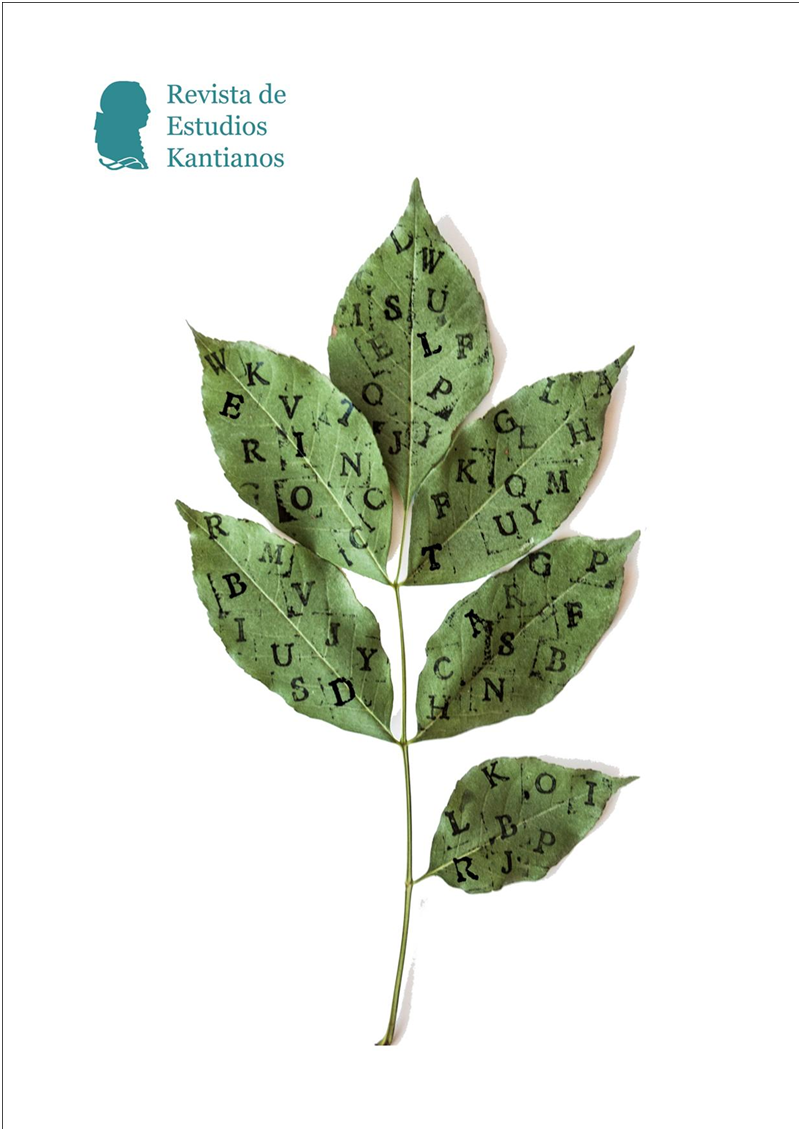A trescientos años de Kant
DOI:
https://doi.org/10.7203/REK.9.1.28802Keywords:
Kant, tricentenario, entrevistas. Abstract
Abstract
Con motivo de la conmemoración en el mundo académico a nivel global de los trescientos años de Kant, hemos decido en la Revista de Estudios Kantianos introducir en este y el próximo número una sección con entrevistas realizadas a reconocidos especialistas en el pensamiento del filósofo de Königsberg. En esta ocasión contamos con entrevistas de: María Xesús Vázquez Lobeiras, Dulce María Granja Castro, Mario Caimi, Günter Zöller y Christoph Horn. A través de las respuestas de estos destacados intérpretes, es posible advertir qué motivaciones los llevaron al estudio de Kant, qué tipo de intereses han desarrollado históricamente y cuáles tienen de cara al futuro, y cómo perciben en general los desarrollos en la investigación kantiana. Asimismo, los entrevistados reflexionan sobre la actualidad y los alcances de las propuestas de Kant como una figura a la que hay que considerar como un pensador de calado universal. Sirva, pues, la lectura de estas entrevistas para seguir fomentando el interés, el diálogo y el debate.
 Downloads
Downloads
Downloads
Published
How to Cite
-
Abstract156
-
PDF (Español)50
Issue
Section
License
![]()
The authors who publish in this journal agree with the following terms:
- The authors retain their copyright and guarantee to the journal the right to be the first to publish the work and to license it under a Creative Commons Attribution License that allows others to share the work with an acknowledgement of its authorship and the initial publication in this journal.
- Authors may separately establish additional agreements for non-exclusive distribution of the version of the work published in the journal (for example, placing it in an institutional repository or publishing it in a book), with acknowledgement of its initial publication in this journal.
- Authors are allowed and encouraged to disseminate their work electronically (e.g., in institutional repositories or on their own website) before and during the submission process, as this can lead to productive exchanges as well as earlier and greater citation of published work (see The Effect of Open Access).








